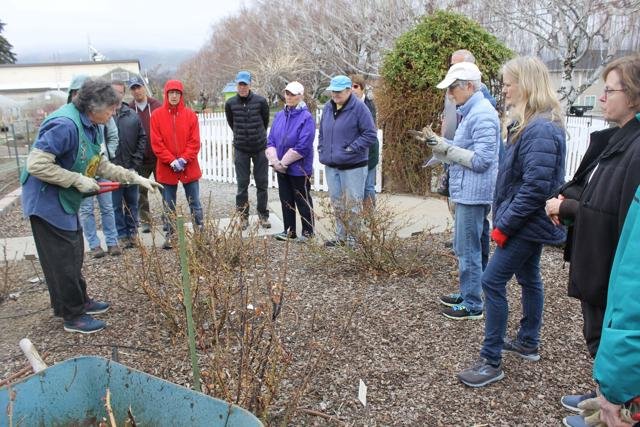Why not grow roses?
By Bonnie Orr
WSU Chelan/Douglas County Master Gardener


Roses are the most popular garden flower. They have been giving pleasure for thousands of years. And lucky for us, we live in one of the best places in the world to grow roses.
In North Central Washington, we have the most hours of sunlight in the contiguous U.S. Rose plants are most vigorous and filled with blooms when they grow in full sun. Because of our low humidity, we have minimal fungal diseases. Insect pests are primarily aphids, which are easily dealt with. The Japanese beetle has not arrived in our area.
Roses are easy to care for. Yes, you do not have to diddle with pruning if you do not want to. In fact, you can grow huge roses like Rugosa that never need pruning.
It is a garden myth that roses will not re-bloom if they are not deadheaded. Roses need fertilizer once in mid-spring. They are not poised to survive winter with a late fall fertilizer — in fact, that causes a late spurt of growth that can weaken the plant. Roses are pruned heavily to contain their size and emphasize the blooms, but that is all cosmetic. If you own a gnarly old rose, reshaping it with vigorous pruning will improve the looks of the plant and promote new healthy canes that will bloom enthusiastically.
Roses can be grown totally without pesticides. Dealing with pests is mostly being observant. Aphids appear in spring on new succulent growth. At the first sign of them, rub them off. Thrips cause brown petals and blasted buds and can be controlled by destroying the flowers when they first show evidence of damage.
Both thrips and aphids are parthenogenic — that is one female just keeps laying hundreds of more female insects. Clean up weeds and grasses under the rose plants to eliminate hiding places for the insects and that provide shelter for overwintering adults. Birds, ladybird beetles and lacewing larvae love to munch on aphids and thrips. Be aware that rose systemic pesticides kill these beneficials.
Mildew can be a cosmetic problem until the daytime temperatures reach 90 degrees. Fungicides are not necessary. Cleaning up last year’s debris under the rose plants will eliminate the source of the mildew spores. Again, regular observation is necessary to control mildew. Late every afternoon, wash the affected leaves, top and bottom, with a strong spray of hose water. This washes off the mildew spores.
